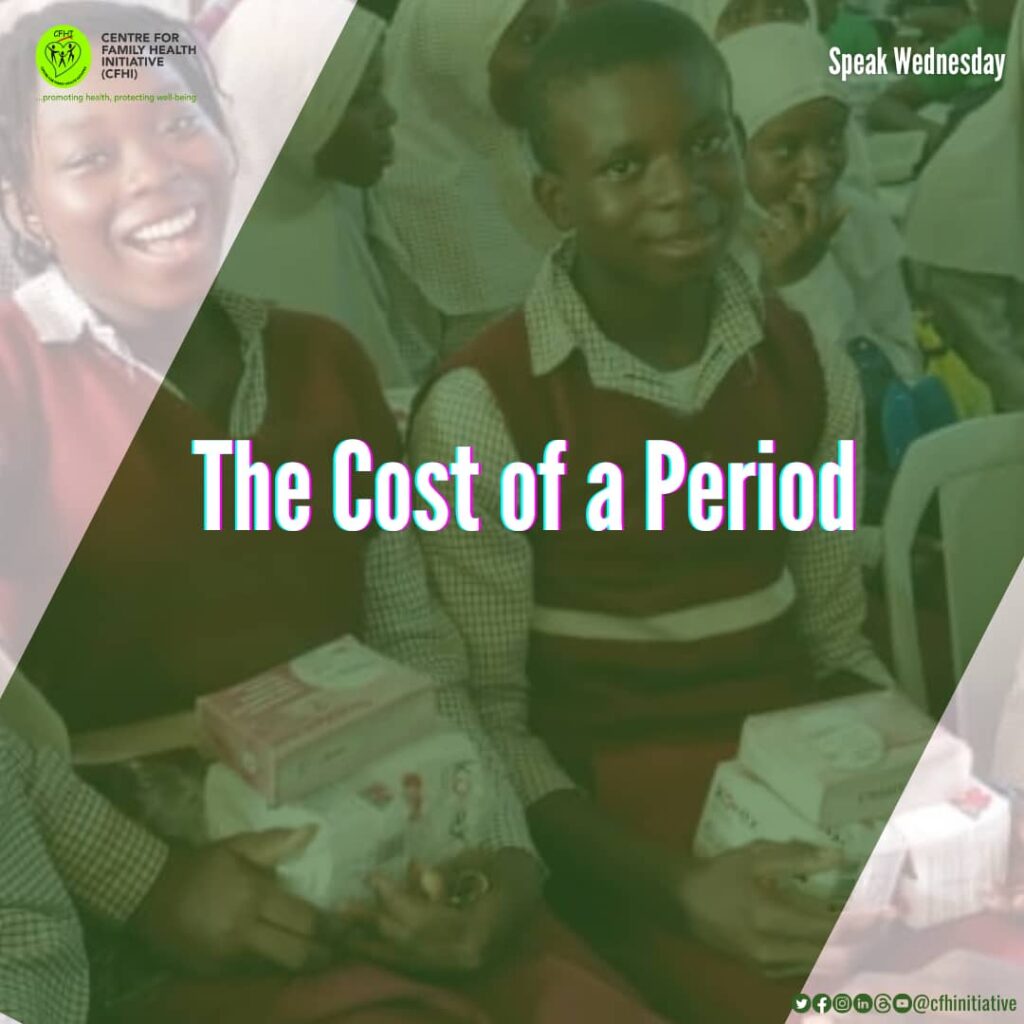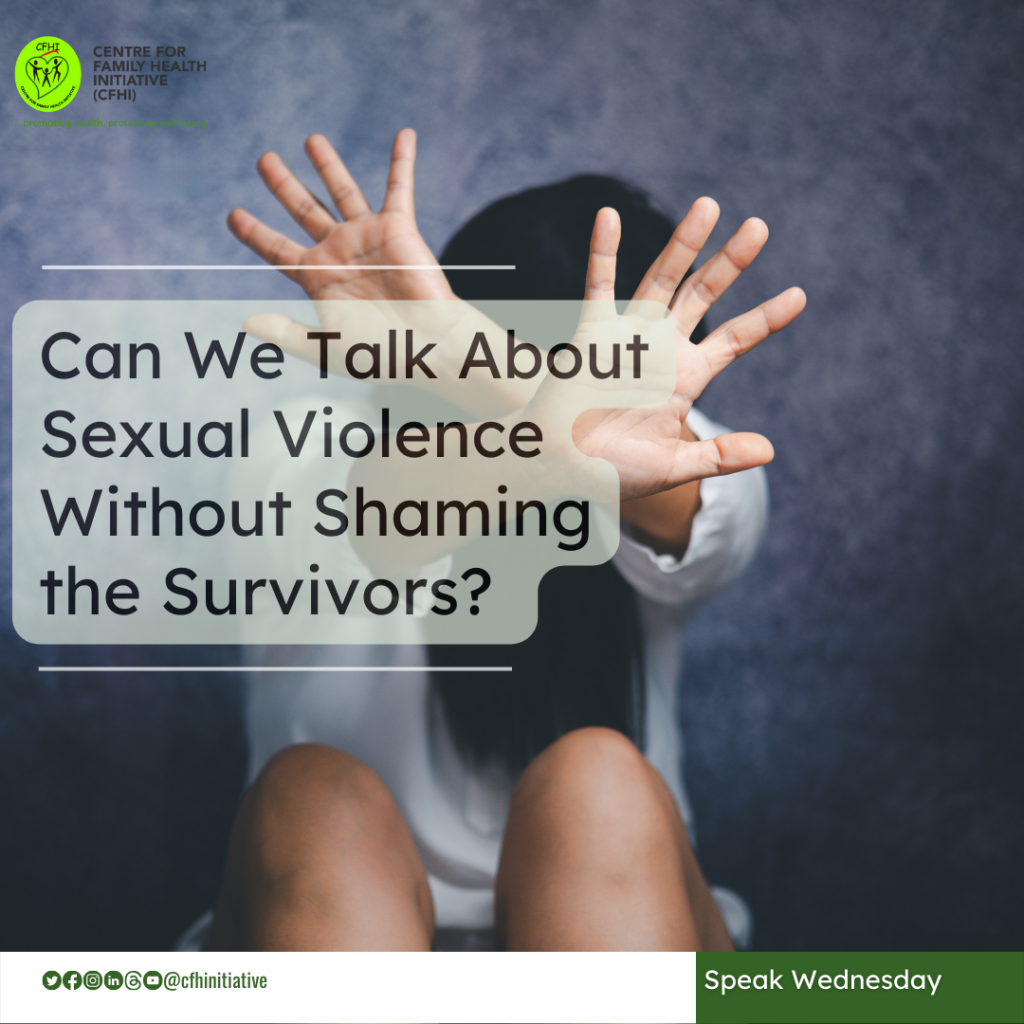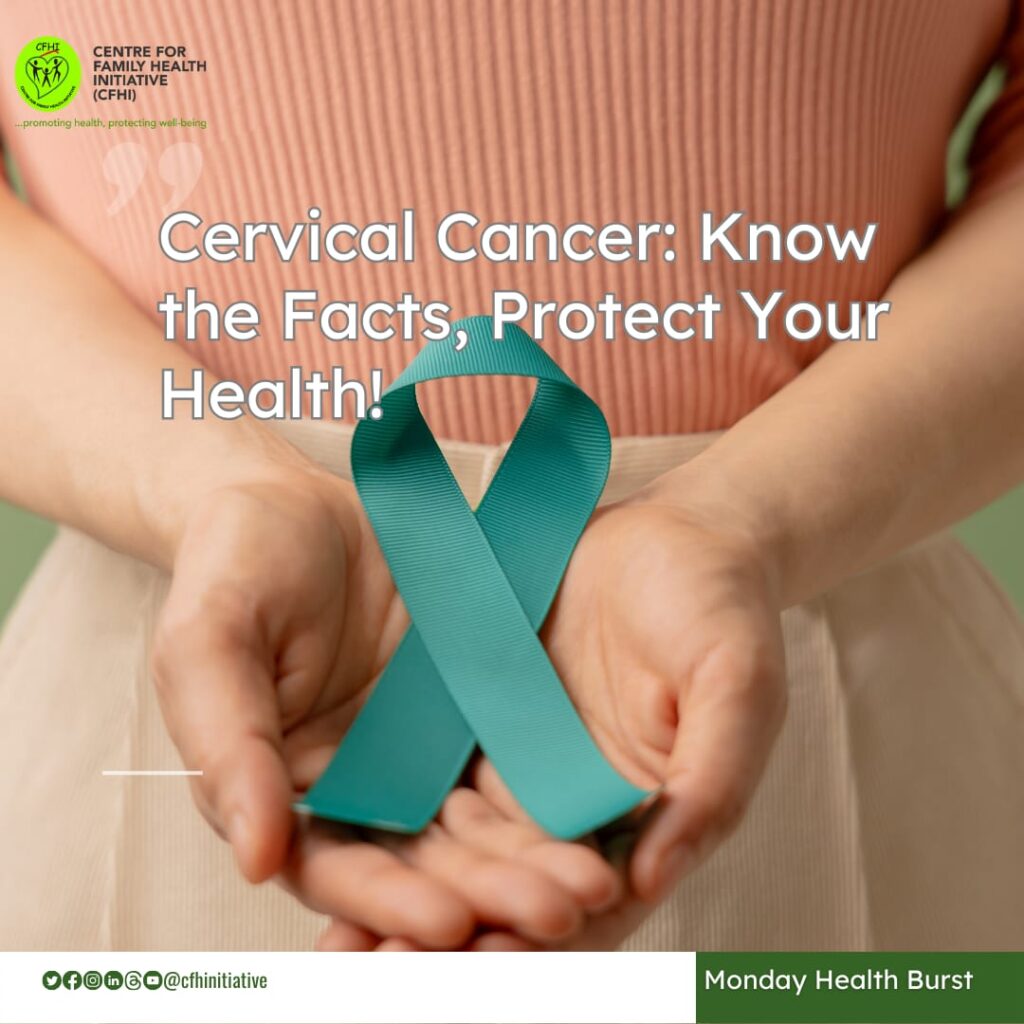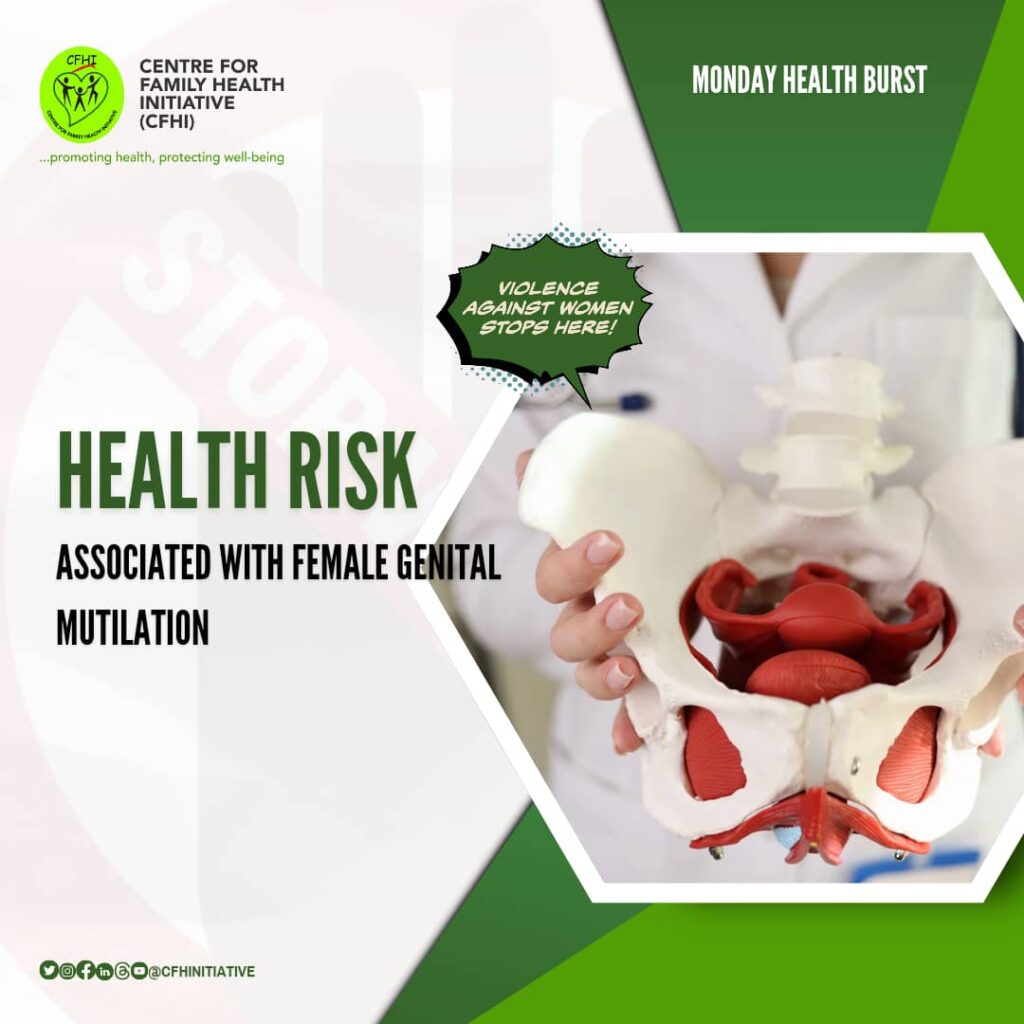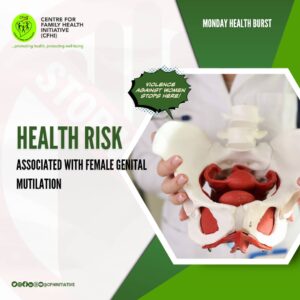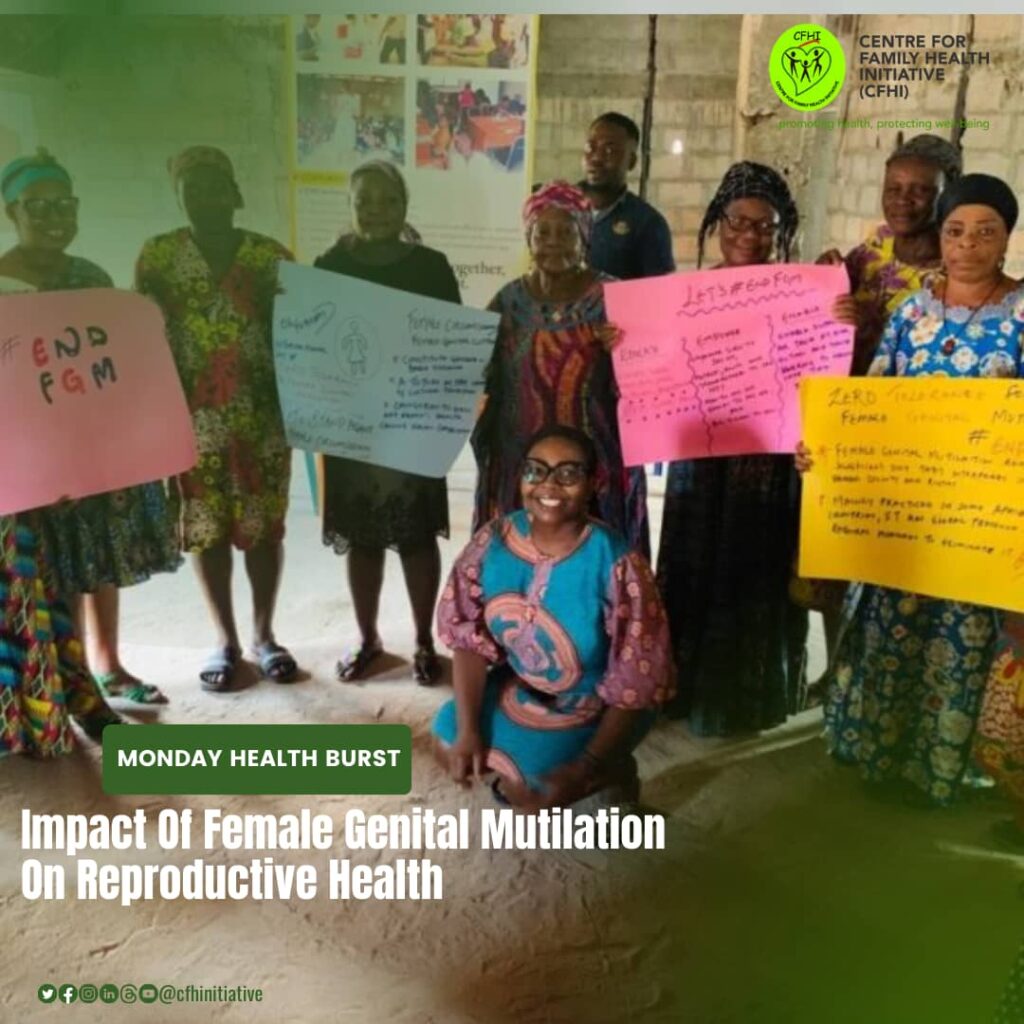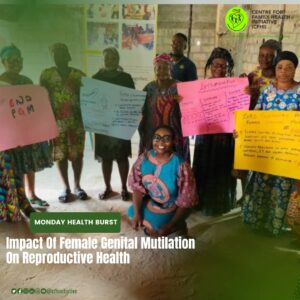SPEAK WEDNESDAY ON THE COST OF A PERIOD
Miriam sat at the back of the classroom, legs clenched tight, heart pounding. The teacher’s voice faded into a blur—her mind was too loud, drowning in fear.
Is she stained? Could anyone see? If she stood up, would they laugh?
She had stuffed an old rag into her underwear that morning, the same one she had rinsed and reused last month. The same one that left rashes on her skin. The same one that might betray her any second.
She had already missed two days of school this month. Tomorrow would be the third.
Not because she’s lazy.
Not because she doesn’t want an education.
But because she can’t afford a pad.
Pads are no longer cheap, yet millions of girls are expected to find a way. They bleed in silence, miss class, and fall behind, all because pads are too expensive.
How many dreams will bleed out simply because society refuses to act?
How many more girls will stay home, missing school, because they have no pads?
How many will sit in class, hearts racing, not because of an exam, but because they fear a stain?
How many will sit in shame, stuffing rags, leaves, sand, and newspapers in place of a pad?
Periods shouldn’t cost an education. It’s time to end the shame, the struggle, and the silence.
Menstrual health is a right, not a luxury. So why are we still letting girls suffer in silence? Why are pads taxed like luxury items?
Menstruation is not a weakness. It’s not an obstacle. It’s a sign of life, strength, and resilience.
We can’t stay silent. Speak Every Wednesday. Speak Every Day. Until We Act right.
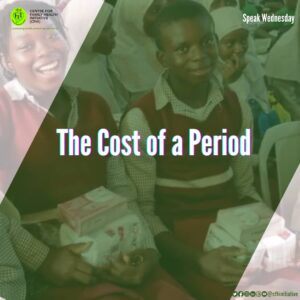
SPEAK WEDNESDAY ON THE COST OF A PERIOD Read More »

